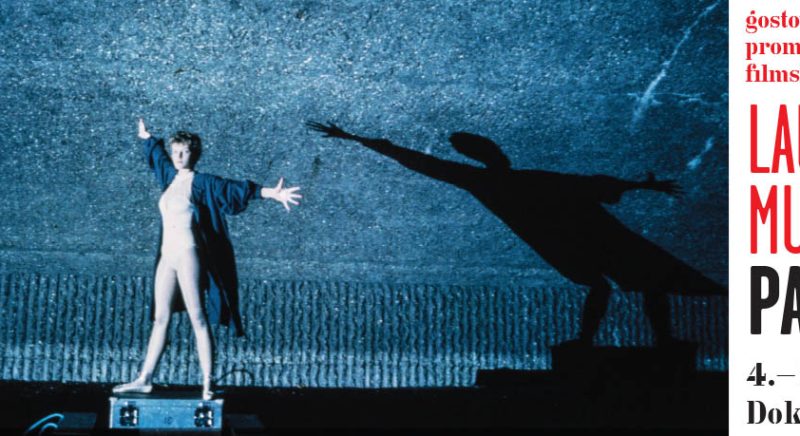
Thirty-something Jérémie returns to his hometown of Saint-Martial in the Massif Central to attend the funeral of an old friend. But in this strange village, full of things unsaid, he soon becomes the subject of rumors and suspicion, eventually committing an unforgivable act that places him at the center of a police investigation. With his boyish charm and old-fashioned manners, Jérémie exudes a seductive menace reminiscent of a French Tom Ripley or the enigmatic stranger played by Terence Stamp in Pasolini’s Teorema, bringing about the collapse of a bourgeois household by courting each of its members.
Fueled by pastis and morel omelets for breakfast, the seduction game begins. The lustful priest Griseul, the flirtatious widow Martine, hot-headed Vincent, and the pudgy Walter all find themselves, at one point or another, the object of Jérémie’s erotic interest. Yet, while nightly encounters and home invasions abound, consummation always slips away at the last moment. The characters’ sexual fluidity is mirrored by the film’s own genre-bending tendencies – Misericordia (Latin for “mercy”) is at once a curious psychodrama about desire, a philosophical exercise disguised as a rustic melodrama, and a metaphysically charged neo-noir. Set against the autumnal backdrop of muted earth tones, the film eschews romance in favor of a slyly sardonic crime story where omnisexuality and sociopathy go hand in hand. Echoes of Simenon and Chabrol are present, but everything is steeped in Guiraudie’s jovial queer sensibility. Meanings shift as quickly as Jérémie’s romantic interests, and the characters’ desires remain as ambiguous to us as to themselves. Yet gradually, it becomes clear that this “caricatured-eccentric vision of French provincial life” is a parable of guilt, redemption, and the necessity of transgression in the modern world. As Griseul puts it: “We need murders because they give us the chance for humility, compassion, and mercy.” It’s the perverse truth of the world we live in. But while Guiraudie’s compatriot Bresson sees good and evil as infused with radical grace, for Guiraudie, mercy is – at best – thwarted. (Dina Pokrajac)
Awards and Festivals:
Cannes Film Festival (2024) – World Premiere; Valladolid International Film Festival (2024) – Best Film, Best Screenplay; FIFIGROT (2024) – Best Film; Top 10 Films of 2024 – Cahiers du Cinéma; Toronto International Film Festival (2024); Telluride Film Festival (2024); New York Film Festival (2024)
Alain Guiraudie was born in 1964 into a farming family in Villefranche-de-Rouergue in southwestern France, where many of his films are set. His most acclaimed film, Stranger by the Lake (L’Inconnu du lac), won the Best Director prize in Cannes’ Un Certain Regard section and the Queer Palm. In 2014, he published his first novel, Ici commence la nuit. His film Staying Vertical (Rester vertical) competed at Cannes in 2016. His previous film Nobody’s Hero (2022) was screened in the main competition of the 16th Subversive Film Festival, where it received a special jury mention.






















